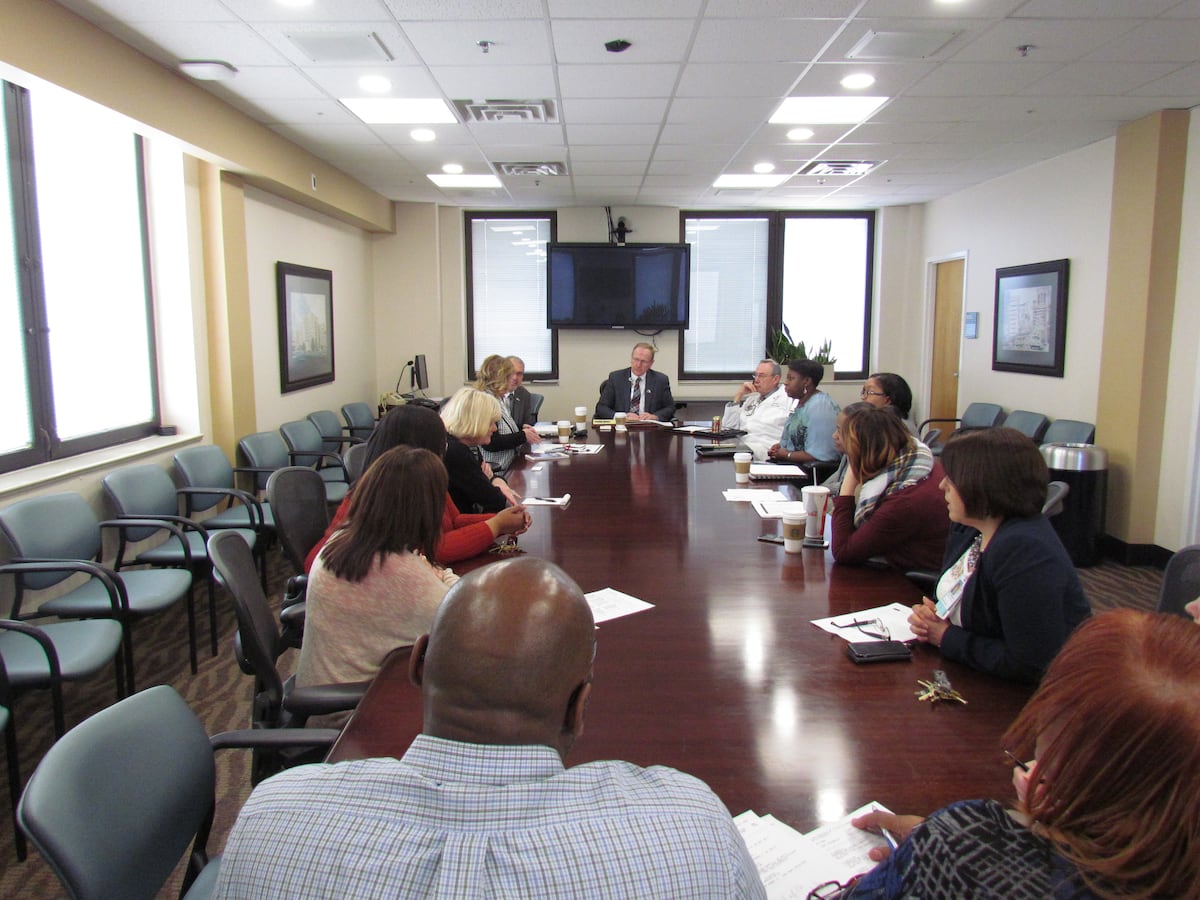Summary:
Remote work is rapidly changing the landscape of cities worldwide.
Existing research on remote work is often fragmented, making it difficult to develop comprehensive policies.
An interdisciplinary approach to remote work research is crucial for cities to effectively address the benefits and challenges of remote work.
Collaboration between researchers from various fields can help cities harness the benefits of remote work, such as reduced traffic congestion and improved air quality, and mitigate negative externalities such as job losses in central business districts.
Cities need evidence-based policies to adapt to the evolving landscape of work.
Remote Work and Cities: A Need for Interdisciplinary Policy
The rapid rise of remote work has brought new challenges and opportunities to cities worldwide. While remote work offers benefits such as increased flexibility and reduced commutes, it also poses challenges for city planning and urban development.
The problem is that existing research on remote work is often siloed within specific disciplines. This can make it difficult to translate findings into practical and comprehensive urban policies.
The Need for Collaboration
This article calls for a new approach to remote work research that emphasizes interdisciplinary collaboration. By bringing together researchers from various fields, such as urban planning, economics, sociology, and transportation, cities can gain a deeper understanding of the complex impacts of remote work and develop more effective policy solutions.
Benefits of an Interdisciplinary Approach
A collaborative approach can help cities to:
- Harness the benefits of remote work such as reduced traffic congestion, improved air quality, and increased economic opportunities.
- Mitigate negative externalities such as potential job losses in central business districts, social isolation, and unequal access to resources.
- Develop evidence-based policies that address the unique needs and challenges of each city.
The Future of Remote Work in Cities
As remote work continues to evolve, it's crucial for cities to have a clear understanding of its potential impact. By fostering interdisciplinary research and policy development, cities can ensure that they are well-positioned to adapt to the changing landscape of work.




Comments
Join Our Community
Create an account to share your thoughts, engage with others, and be part of our growing community.